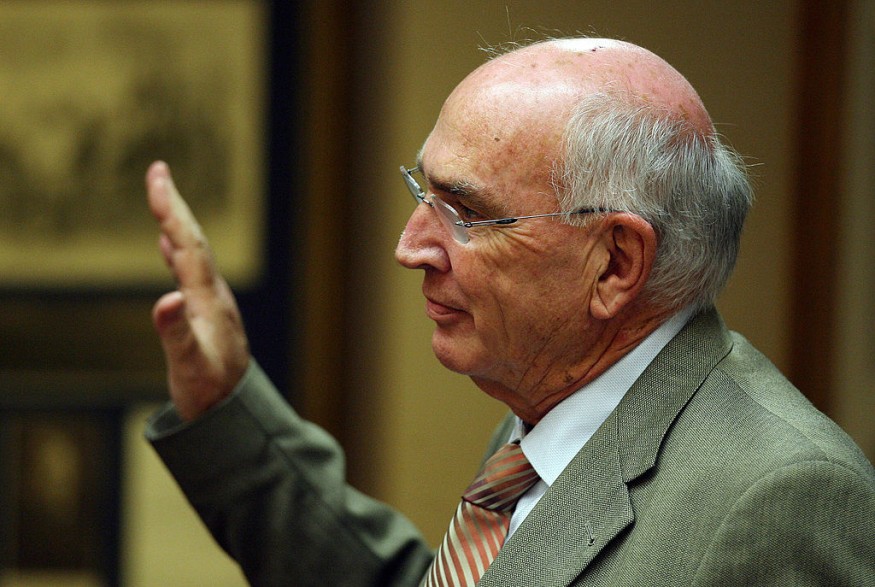
"Oh, dear!"
This was Don Catlin's reaction when told on the phone in 2016 that the International Olympic Committee would not completely ban Russian athletes from the Rio Olympics of that year.
"I had hoped, I had thought, that [IOC president Thomas] Bach was going to be tough and strong."
Catlin is not an athlete. Not a politician, either.
He had that reaction; he was very invested in the scandal because it was he who worked hard and dedicated his life to leveling the playing field through drug testing procedures and technologies in professional sports.
Catlin died on January 16 this year, leaving a legacy that will forever change how a sports game is played.
He died of a stroke in Los Angeles after battling dementia in the latter part of his life. He was 85.
He is regarded as the Father of Modern Drug Testing for his various research meant to keep the integrity of the sport.
The Super Bowl game between the Kansas City Chiefs and the San Francisco 49ers was watched on Sunday by more than 100 million people. It was the first and biggest American sports event since Catlin's passing.
His son Oliver, who followed his footsteps, wondered if anybody remembered what his father did for the sports and if he would even receive a tribute from the NFL.
"Will they understand it from the perspective that the reason we don't have mutants and players dropping dead five minutes after stepping off the field is that we found a system to find the drugs players were taking and stop them?" Oliver Catlin asked in an interview with the Washington Post.
His last post was as president and CEO of Los Angeles-based NGO Anti-Doping Research, Inc. (ADR).
Catlin's beginnings and integration of doping tests in sports
The late doctor started doping tests as personnel for the American military during the Civil War. He was assigned to see if the soldiers from the Walter Reed Hospital were into drugs.
The Vietnam War concluded. He ventured into another sector but continued his work and research in making doping tests more accurate.
In 1982, he founded the first-ever sports anti-doping laboratory at UCLA. It is called the Olympic Analytical Laboratory and is now the world's largest facility for drug testing.
He worked as its director for 25 years. Throughout his tenure, the laboratory was a crucial figure in the discovery of drugs that are possible performance enhancers, as well as techniques to detect illegal drugs in the body of an athlete.
Among those he pioneered is the carbon isotope ratio test, a test on a person's urine test aimed at determining if the anabolic steroids are made naturally by the body or produced by a performance-enhancing drug that should have been prohibited.
He is also credited for the discovery of a designer anabolic steroid called norbolethone, which athletes consume. In succeeding years, his laboratory discovered more steroids and dietary supplements that are now banned in sports.
Dr. Catlin is not an athlete. However, in 2002, he was named Sportsman of the Year by The Chicago Tribune.
The award attests to how significant his contribution was in the sports industry. The excitement fans feel each game played is proof that his legacy lives on.
© Copyright 2025 Sports World News, All rights reserved. Do not reproduce without permission.










